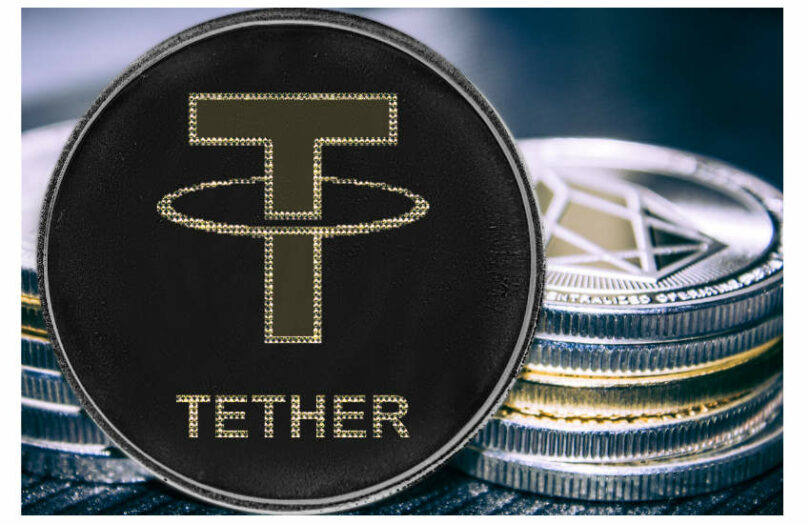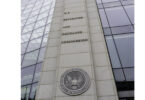A recent article by the Wall Street Journal (WSJ) alleged that Tether Holdings used fabricated sales invoices and used shell companies to retain access to the global banking system in 2018 for its stablecoin, which is the largest in circulation. If confirmed, these accusations could amount to a breach of anti-money laundering (AML) laws at a minimum.
According to an email allegedly sent by one of the owners, which the WSJ viewed, some of Tether’s backers ostensibly provided fake sales invoices and contracts to circumvent the banking system in late 2018. Other documents would point to the opening of new accounts using altered company names and shadowy intermediaries, including an organization with links to terrorist organizations.
The blockchain company appears to be under investigation by the US Justice Department, although the WSJ could not determine if this is in response to Tether’s attempts to open bank accounts in 2018. The Manhattan US attorney’s office, which reached a settlement with Tether and Bitfinex (a sister organization) in a separate case in 2021, is overseeing the investigation.
Tether responded to the accusations by saying the WSJ report was “wholly inaccurate and misleading”, adding that Tether and Bitfinex’s compliance programs are in full adherence with AML and other legal requirements.
However, Tether’s credibility has been called into question previously. In 2021, the New York Attorney General found that Tether was not always backed 1-for-1 after lending money to sister crypto exchange Bitfinex to cover a shortfall. It banned it from operating in New York State and the Commodity Futures Trading Commission (CFTC) imposed a $41 million fine.
Until recently, a substantial proportion of Tether’s backing assets were claimed to be held in commercial paper. A Bloomberg report struggled to find evidence of that in the United States.






